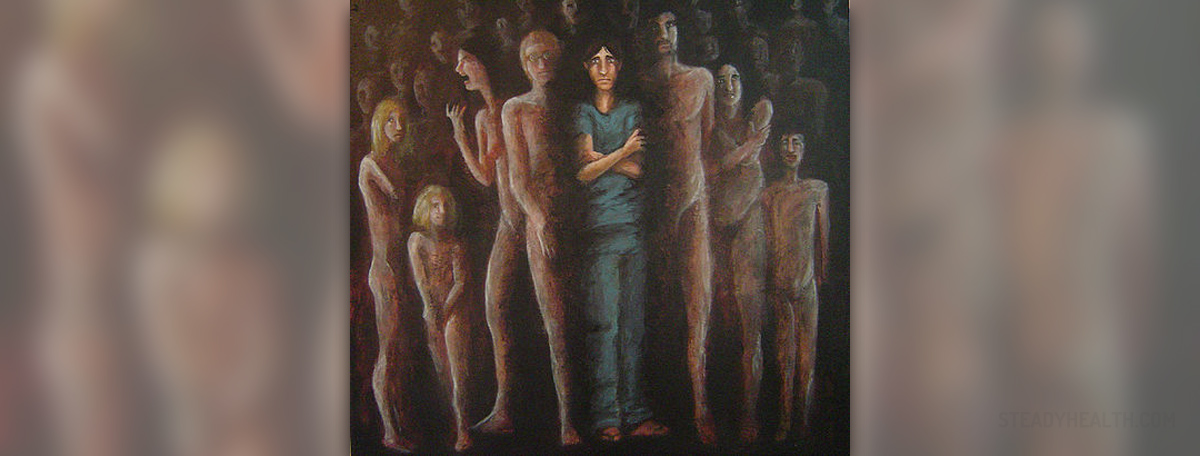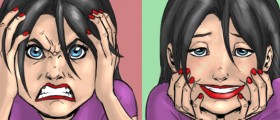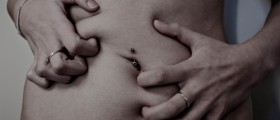
Personality Disorder Symptoms
Thereare many different types of personality disorder and many cannot be easily detected. Generally, if a person is behaving peculiarly, specifically if it is different from their usual behaviour, or if they experience inconsistent emotional states that can fluctuate wildly, they might be suffering from a personality disorder. Below are detailed disorders with their major symptoms to help identify these afflictions.
Disordersof this kind typically emerge during adolescence, but can sometimes show up in children. The most common symptoms include emotional fluctuations, anxiety or panic, depression, impulsiveness, aggression, subterfuge and distrust. Some of these symptoms will show up for every type of personality disorder, so they are the key ones to look out for.
AntisocialPersonality Disorder
Thistype of disorder typically induces aggressive behaviour in the sufferer, usually accompanied by a lack of empathy for other people. Sufferers are sometimes called sociopaths or psychopaths and are usually products of poor economic environments or troubled childhoods. Criminals usually exhibit this type of disorder.
Symptomsinclude acts or threats of physical violence or abuse, a degree of disregard for other people, irresponsibility and lack of respect for rules and laws.
AvoidantPersonality Disorder
Symptomsfor this type, also called anxious personality disorder, all deal with the extremely low self-esteem of the sufferer. People with this disorder are typically very sensitive to rejection and criticism and are very lonesome. They generally feel cut off from society, but this is usually a manifestation of their own mind telling them that they are not worthy. They will avoid being social with others, preferring to be quiet and alone.
BorderlinePersonality Disorder
Theemotions of sufferers of this disorder will fluctuate greatly due to their inability to control their feelings. They might even contemplate suicide and may attempt it on different occasions. Again, a troubled childhood may spark this disorder, as can an abusive relationship. Symptoms include desperately avoiding being single out of a fear of rejection, extreme mood swings, low self-esteem, self harm and suicidal tendencies.
DependentPersonality Disorder
Peoplewith this disorder will desperately cling to others for emotional support as they have made themselves dependent on other people to help with their mental challenges. They will have a strong acceptance issue due to low self-esteem and will constantly require approval, help or support for even the smallest issues. They will tend to give in to the opinions of others quite easily, tolerating much more negative feedback than a non-sufferer. They are scared of rejection and will agree with almost anything to avoid arguments.
Theseare just a few examples of the many types of existing personality disorders. Many of them share the same symptoms of low self-worth, extreme mood swings, fear of rejection and obsession with a particular person or subject. Identifying these symptoms can be tricky, so hopefully these examples will be of use. Remember that personality disorders can be treated or at least contained by a psychiatric therapist. Sufferers may not find help for themselves, so it is up to their friends and family to notice their symptoms and seek aid if possible.















-Signs,-Symptoms,-Treatment-And-Prevention_f_280x120.jpg)
Your thoughts on this
Loading...